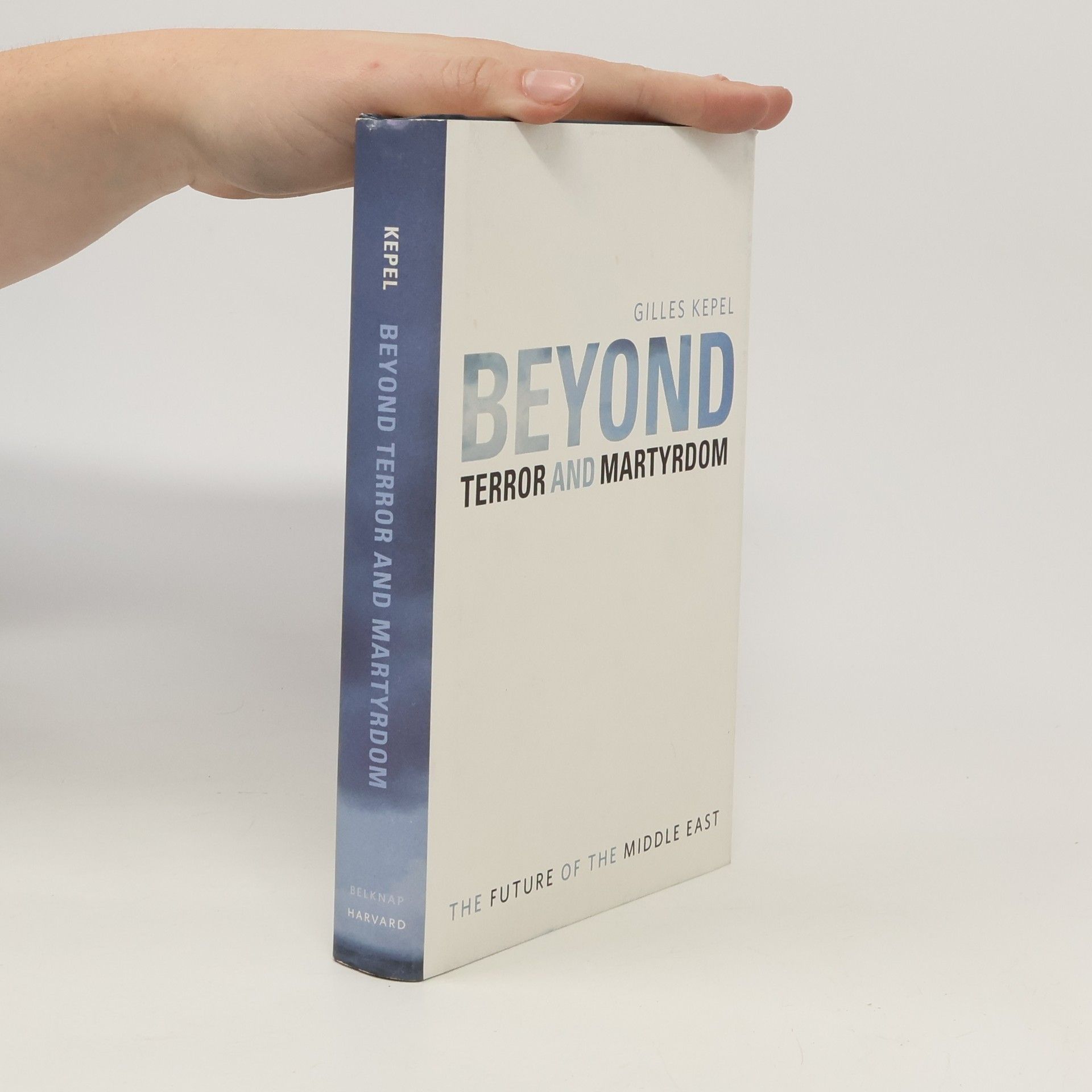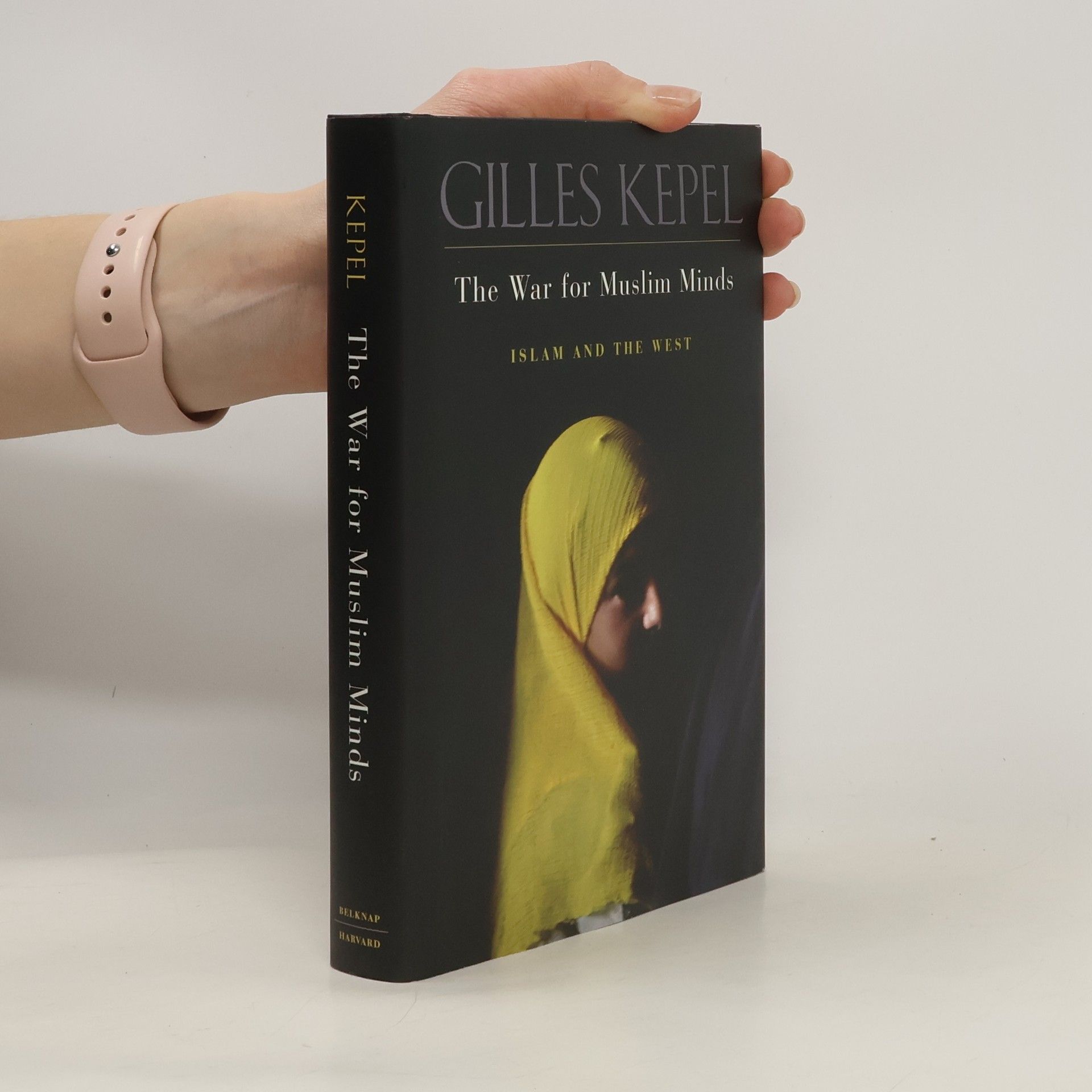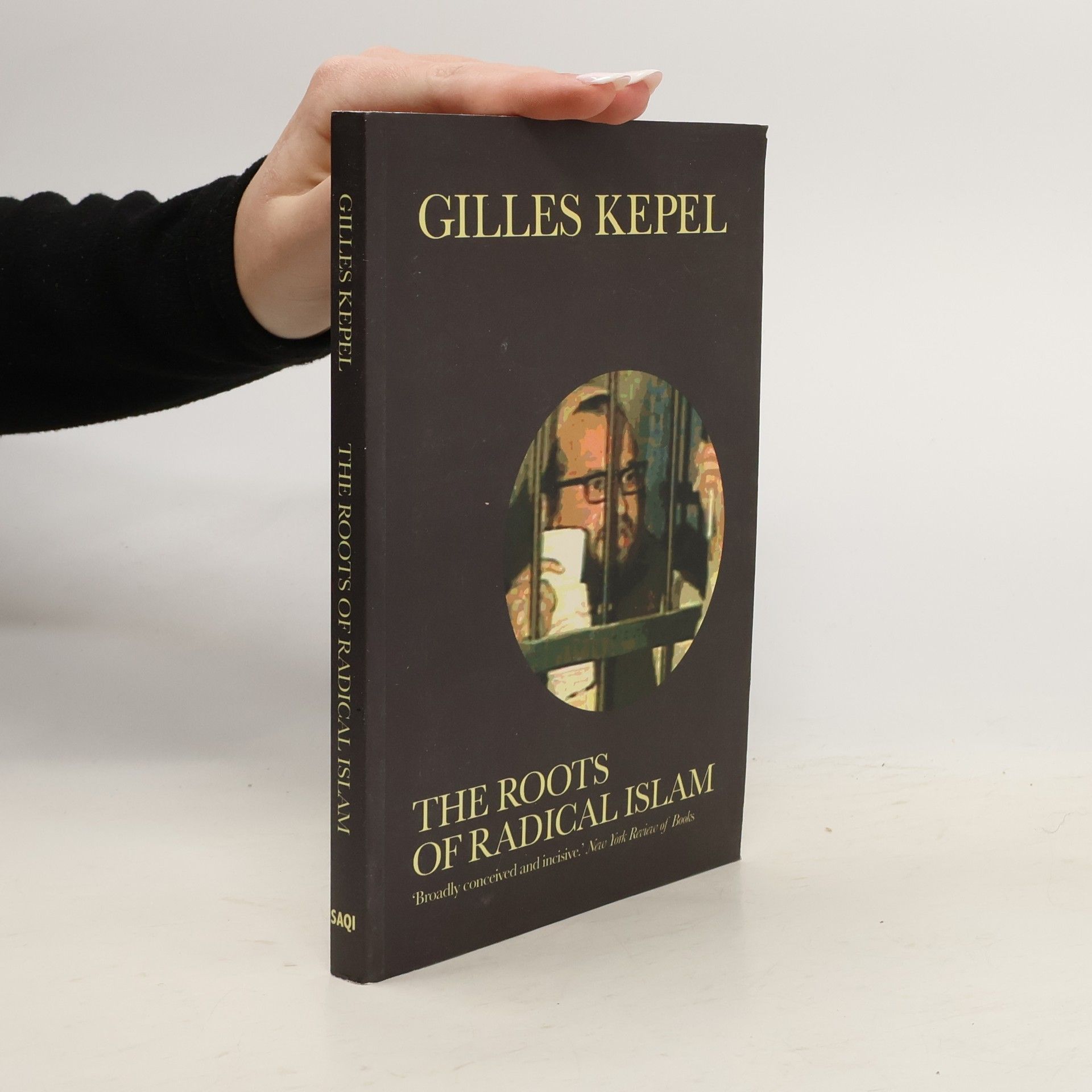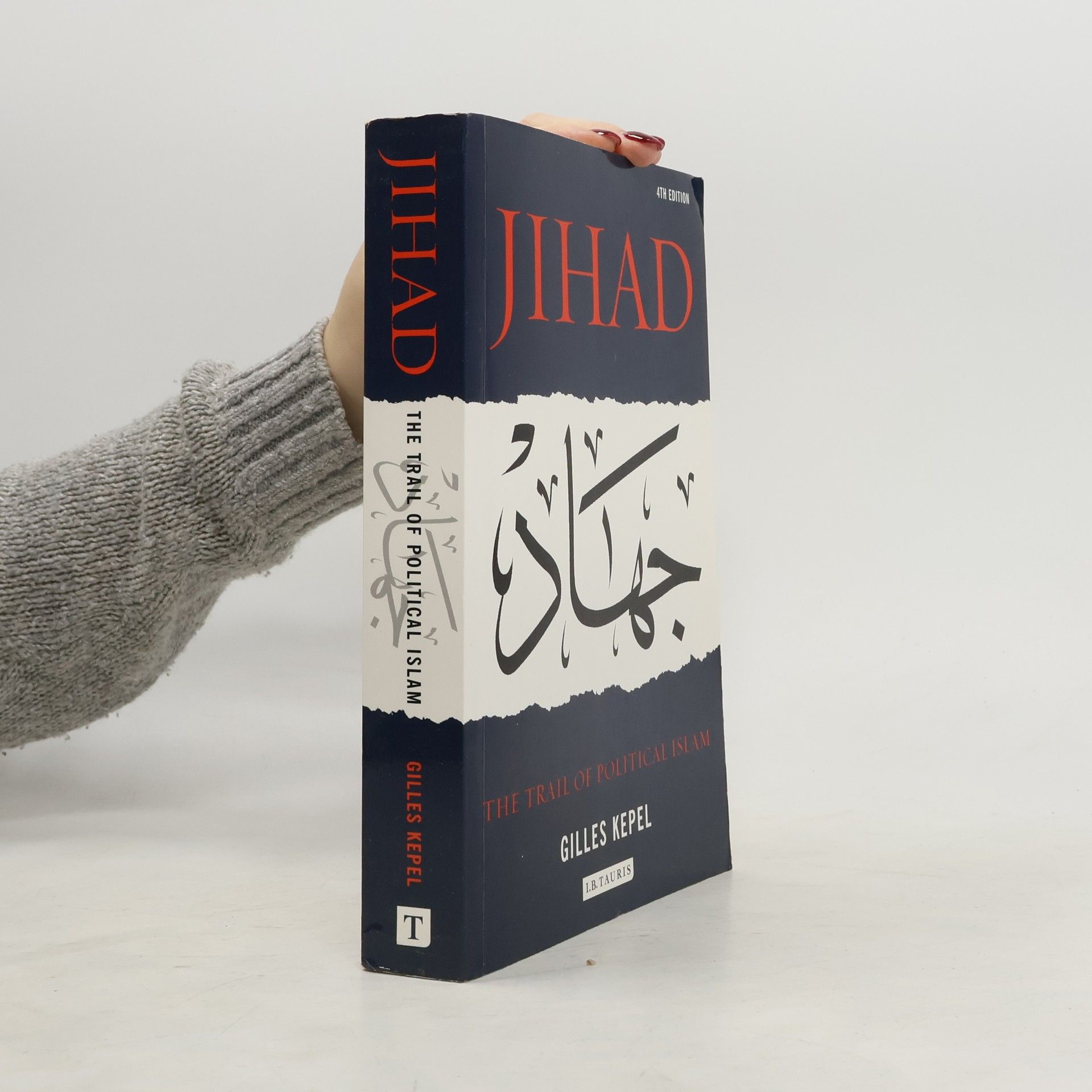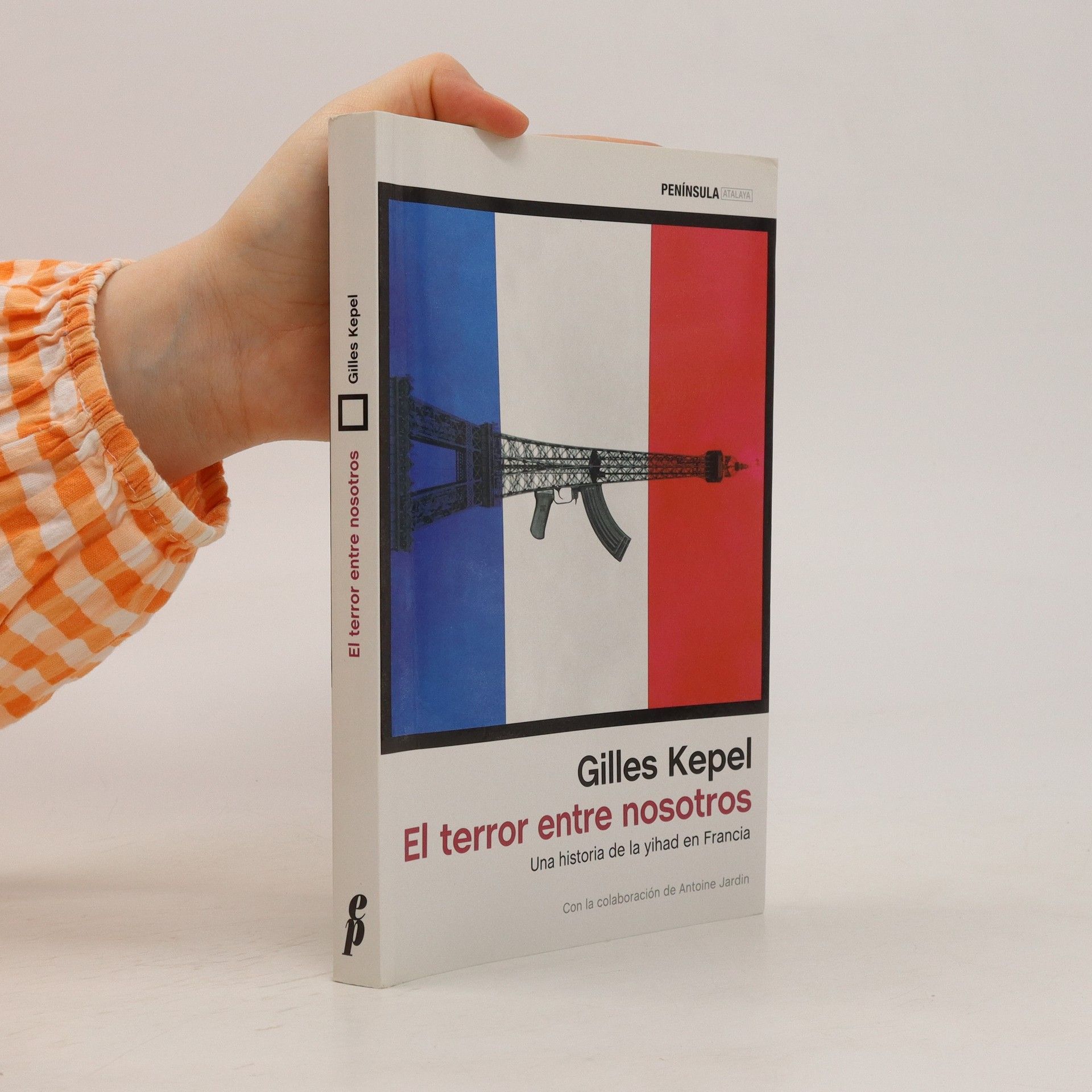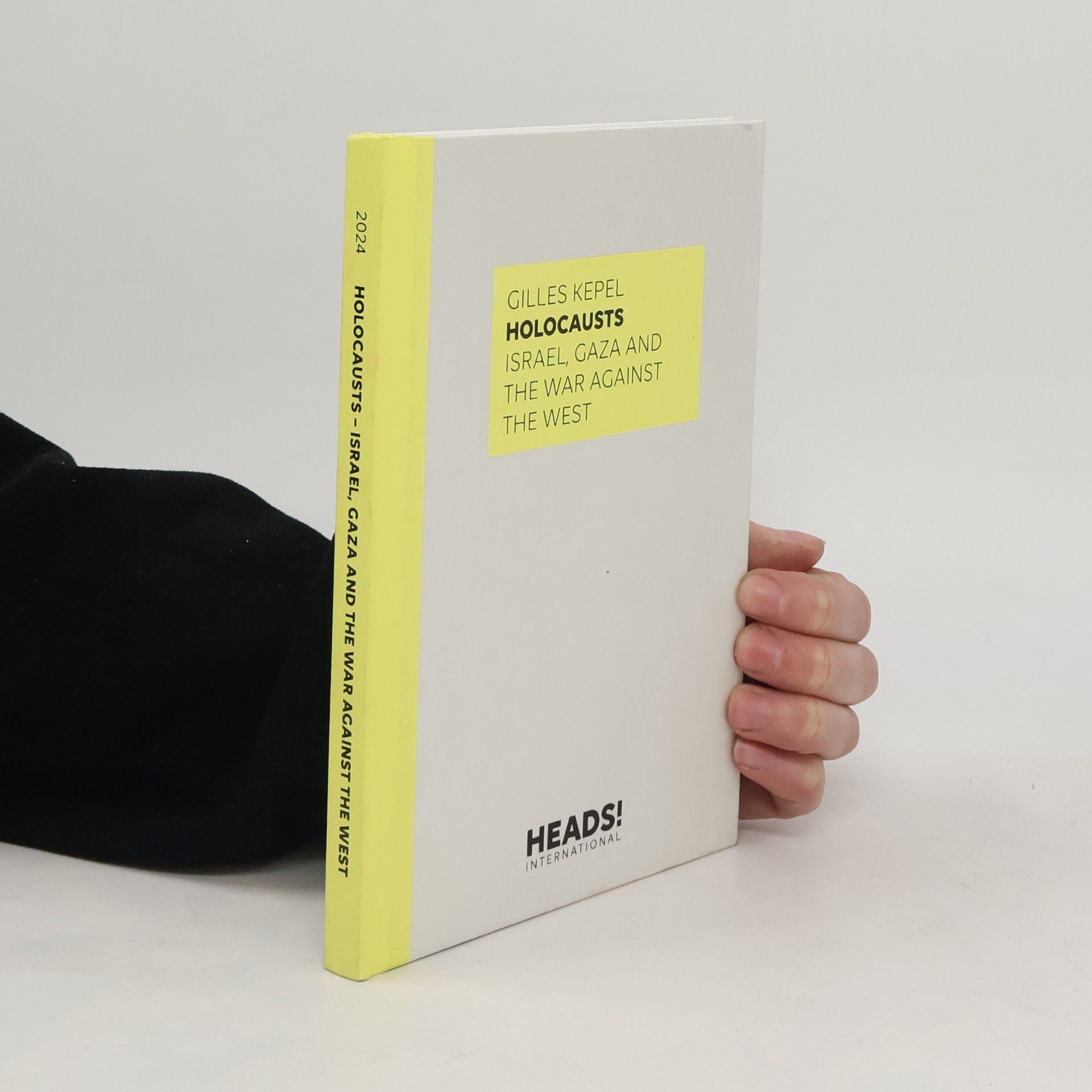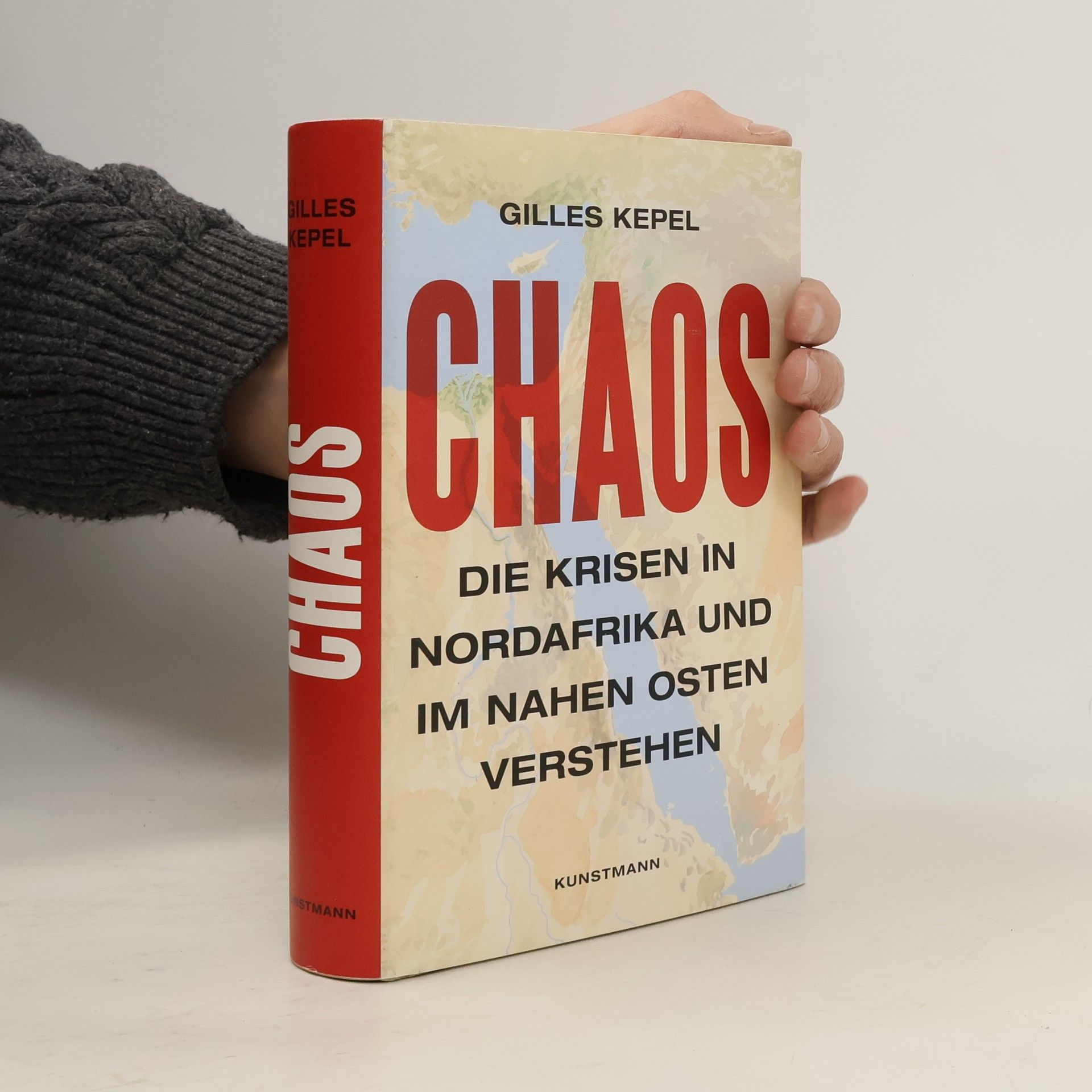El terror entre nosotros
- 320 páginas
- 12 horas de lectura
En la última década, Francia ha experimentado un aumento alarmante de la tensión social, especialmente entre los adolescentes de familias inmigrantes del poscolonialismo. La marginación económica, social y política ha llevado a algunos de estos jóvenes a adoptar un modelo islamista radical, influenciado por el salafismo, que busca destruir el "Occidente ateo". Este cambio generacional en la comunidad musulmana de Francia se ve acompañado por una transformación ideológica del yihadismo, impulsada por las redes sociales. Este contexto ha propiciado el surgimiento de jóvenes combatientes franceses en la guerra de Siria y de aquellos que han llevado a cabo ataques en suelo francés. Al mismo tiempo, el ascenso de la extrema derecha y los éxitos electorales del Frente Nacional han intensificado la polarización social, creando un ambiente propicio para quienes desean iniciar una guerra civil a través del terror. Un experto en yihadismo examina en profundidad los factores políticos, sociales, psicológicos y religiosos que alimentan este movimiento, que tiene como objetivo a una Europa debilitada de la que se nutre.

